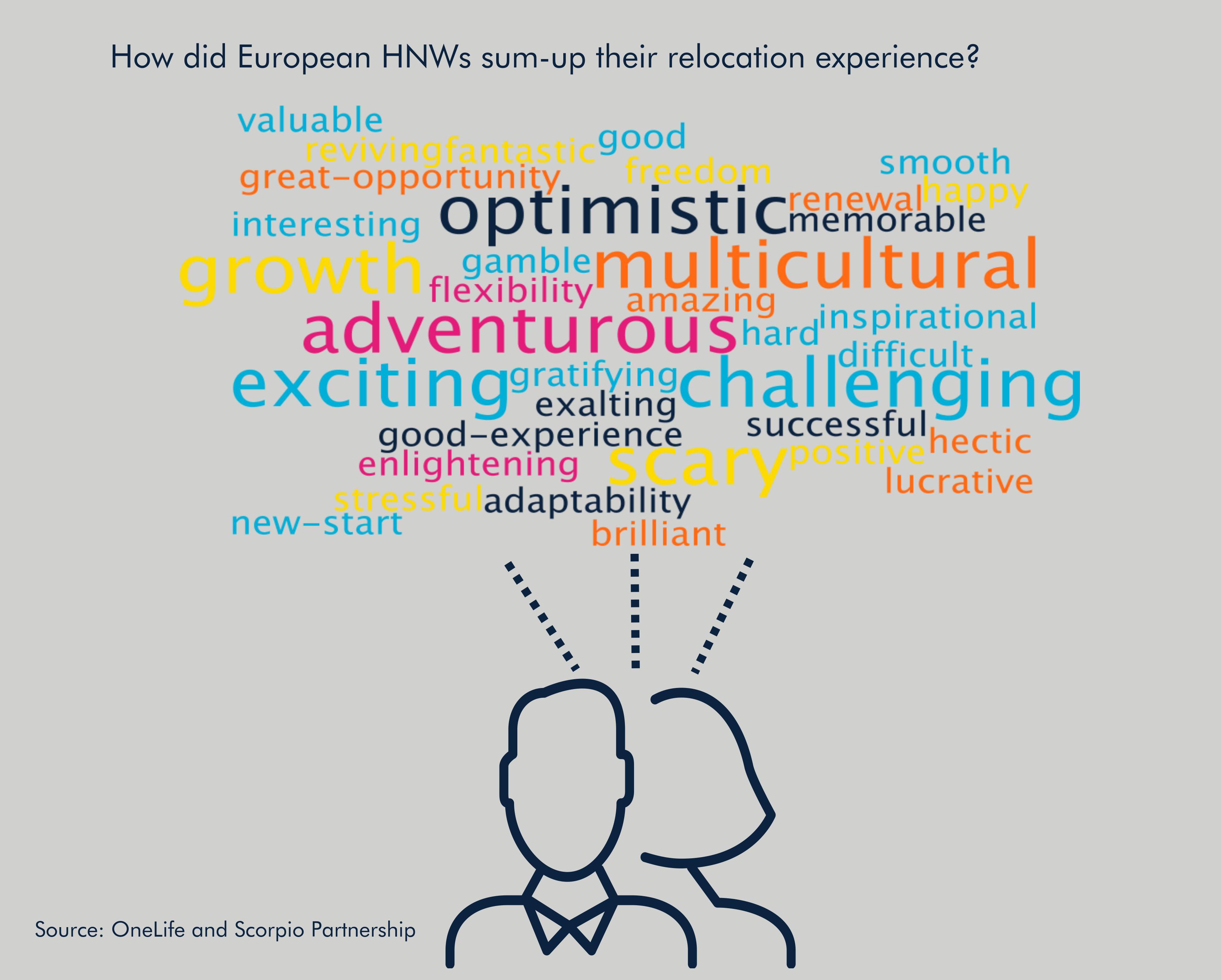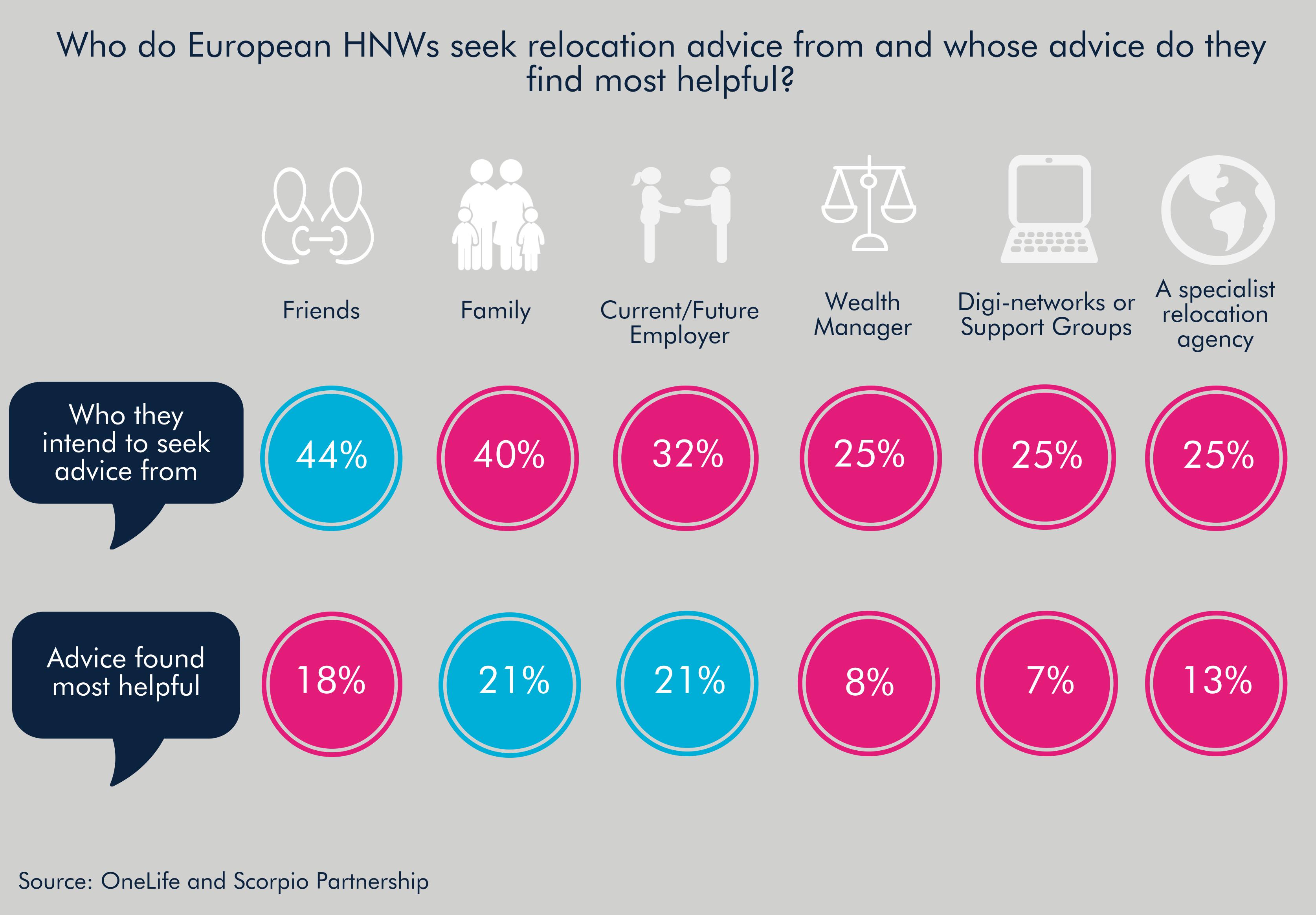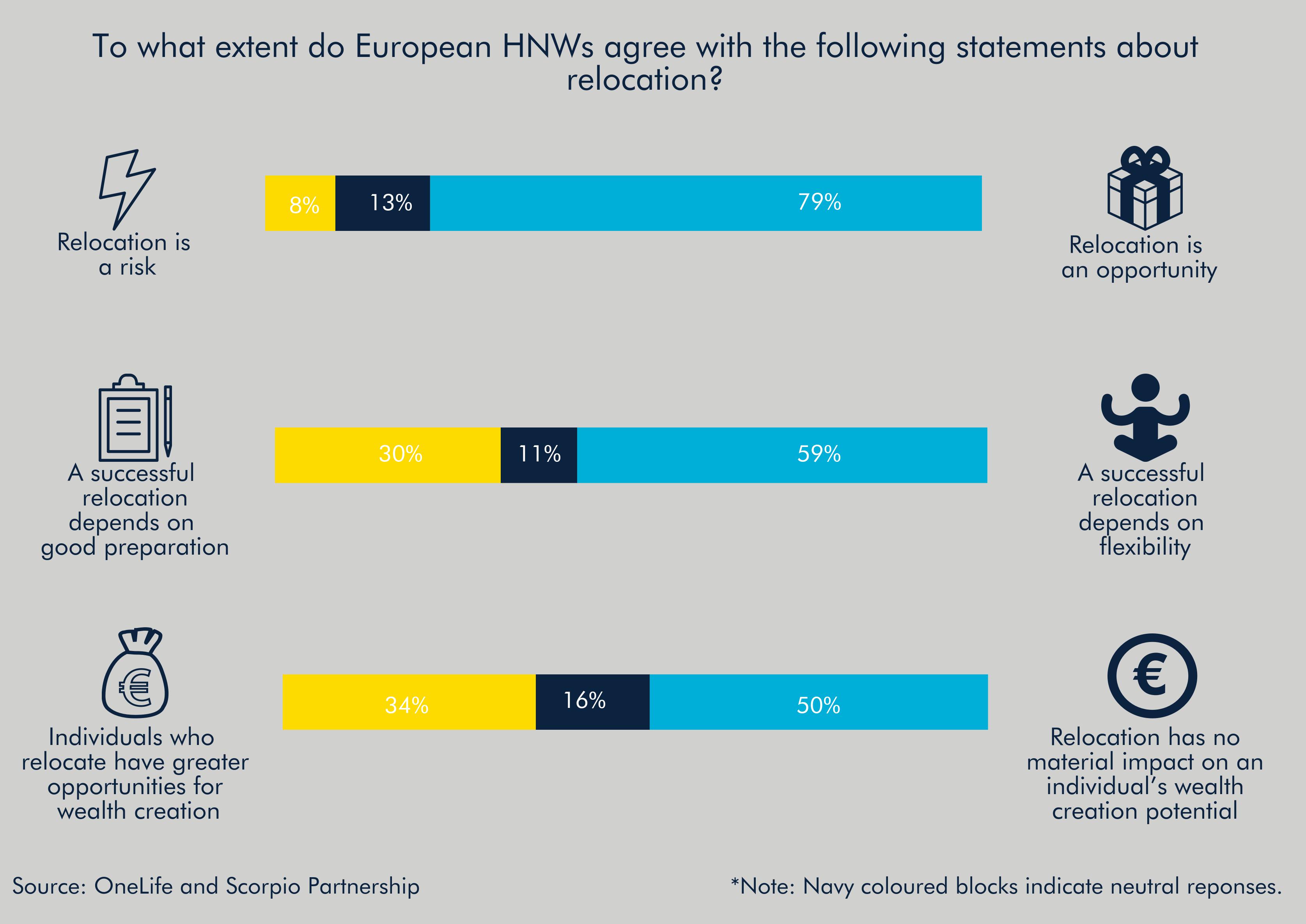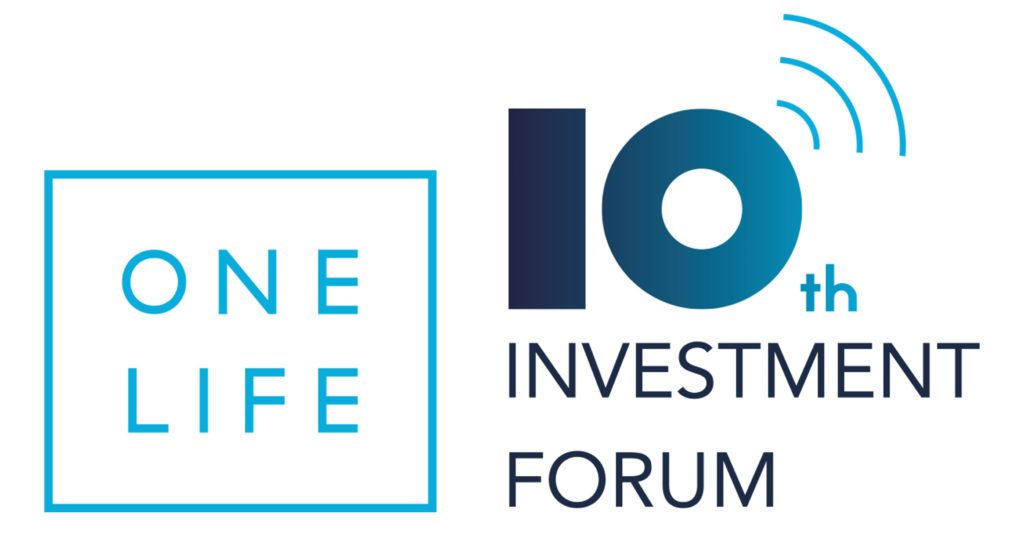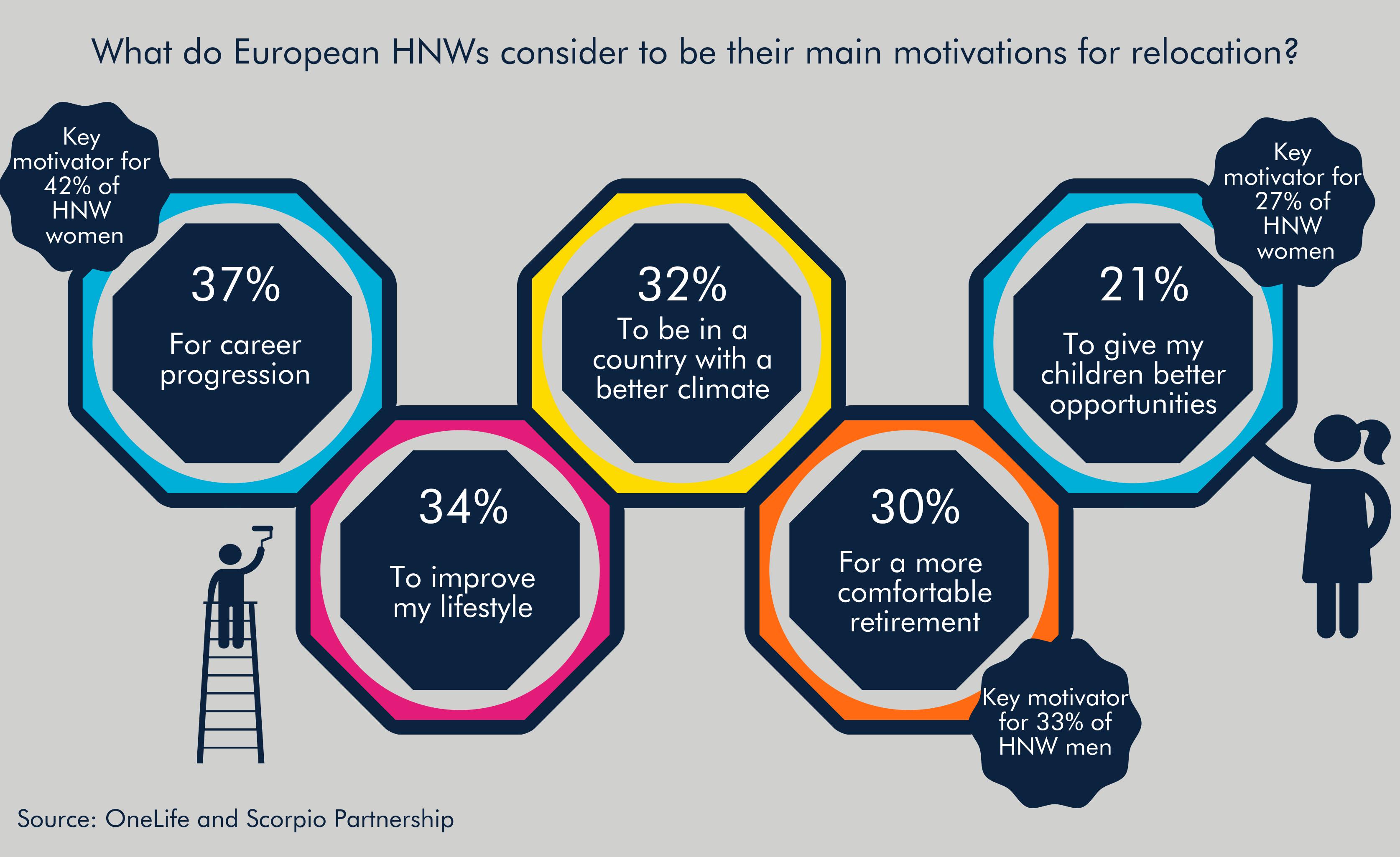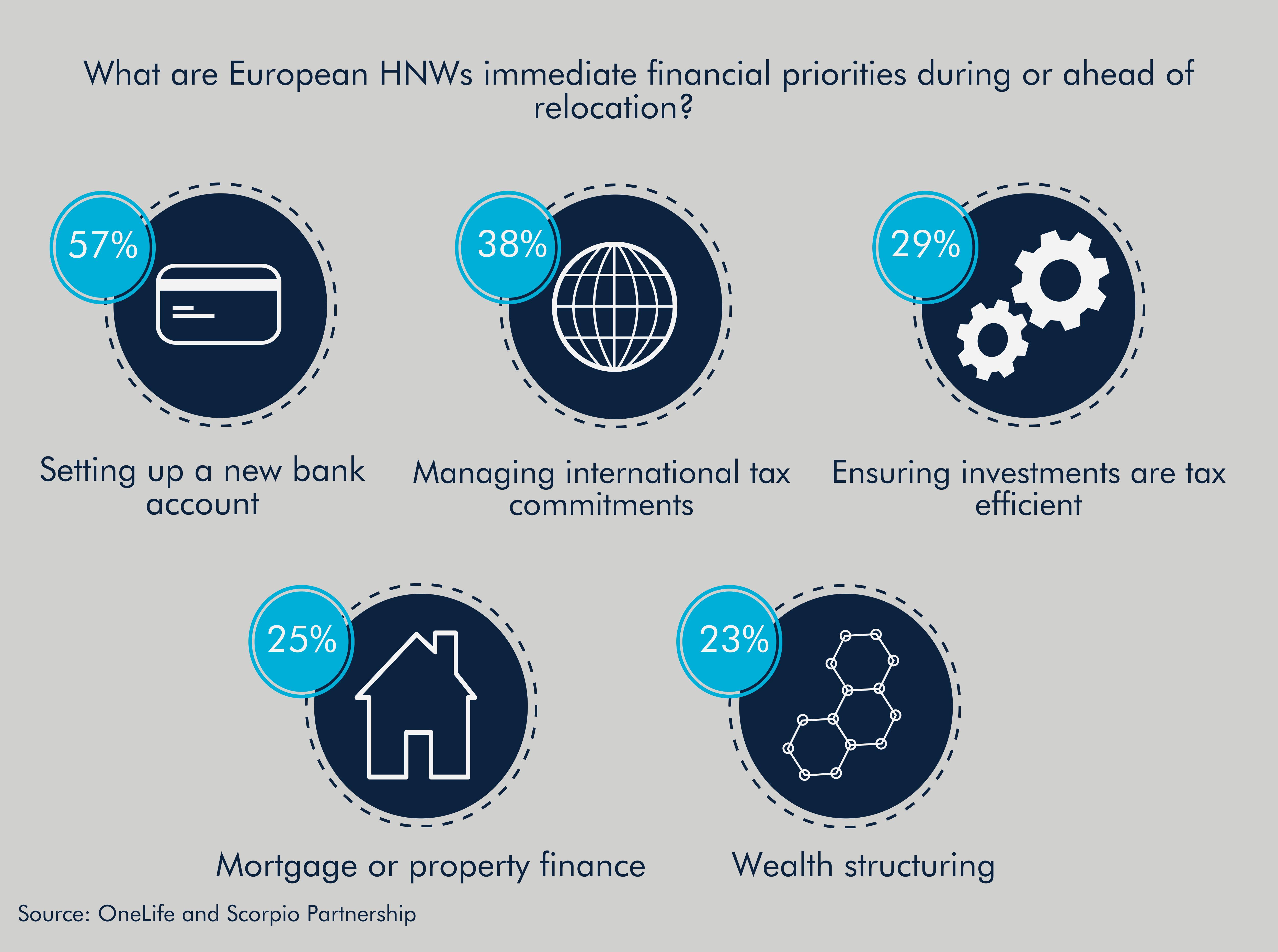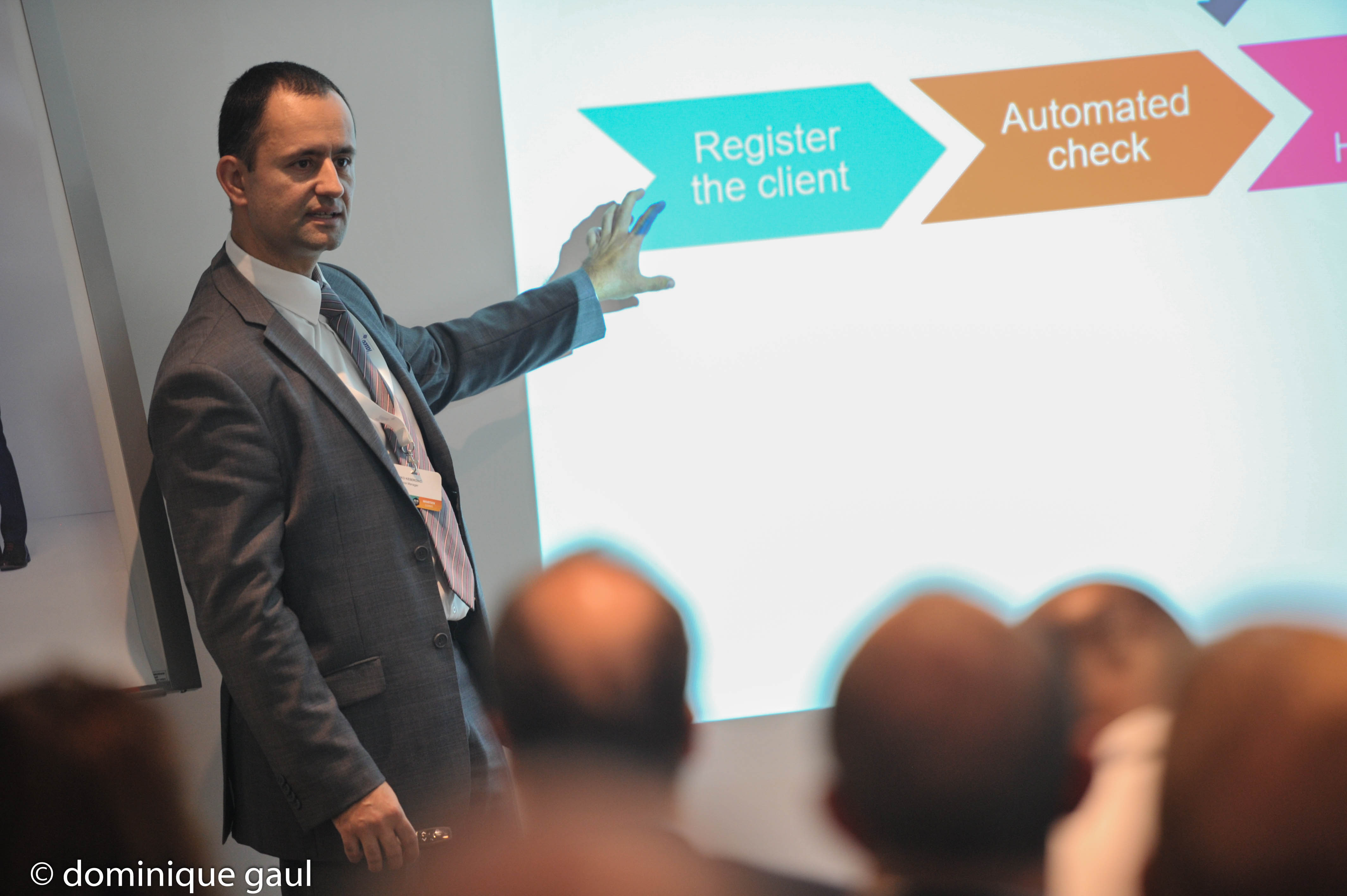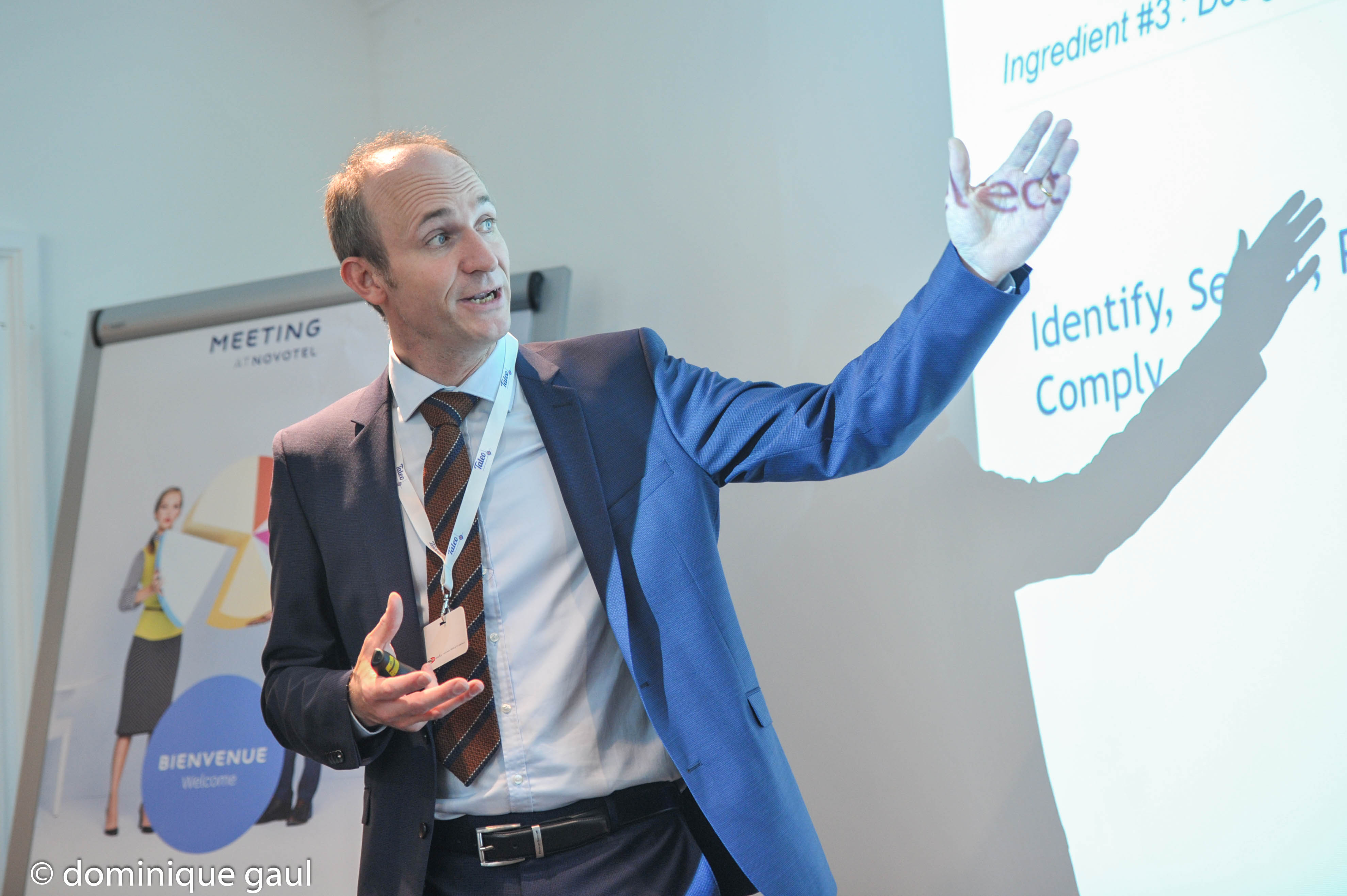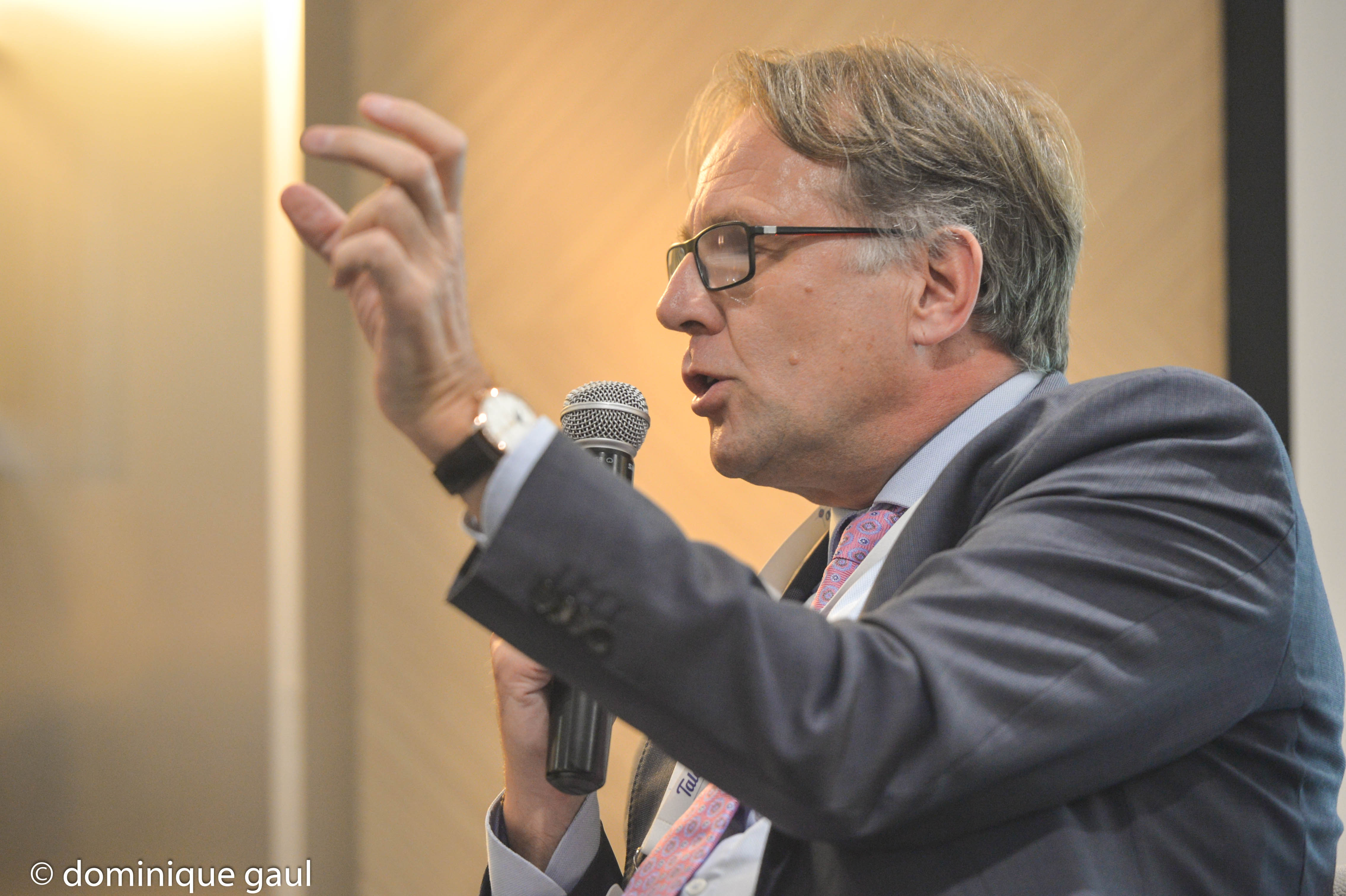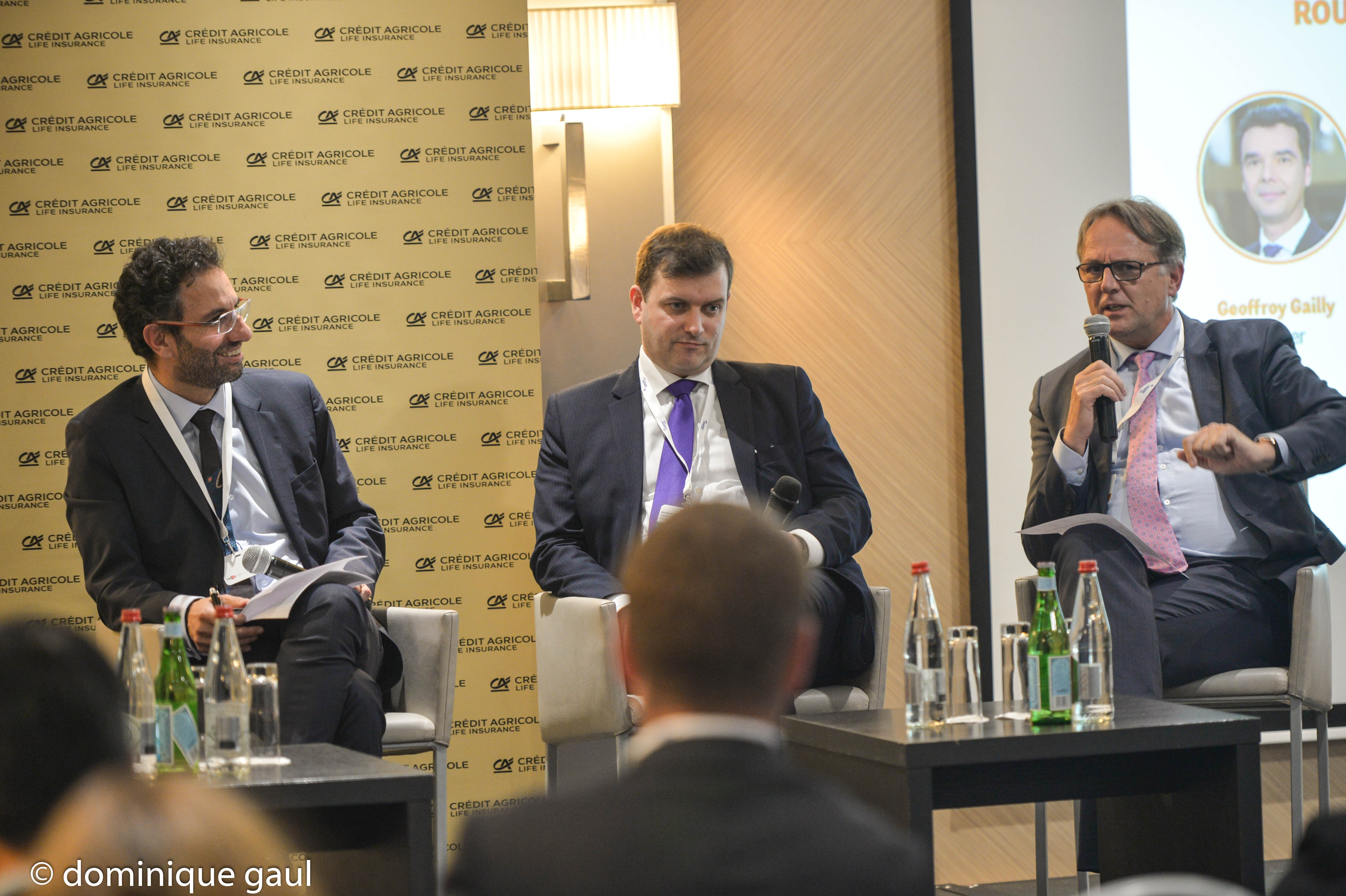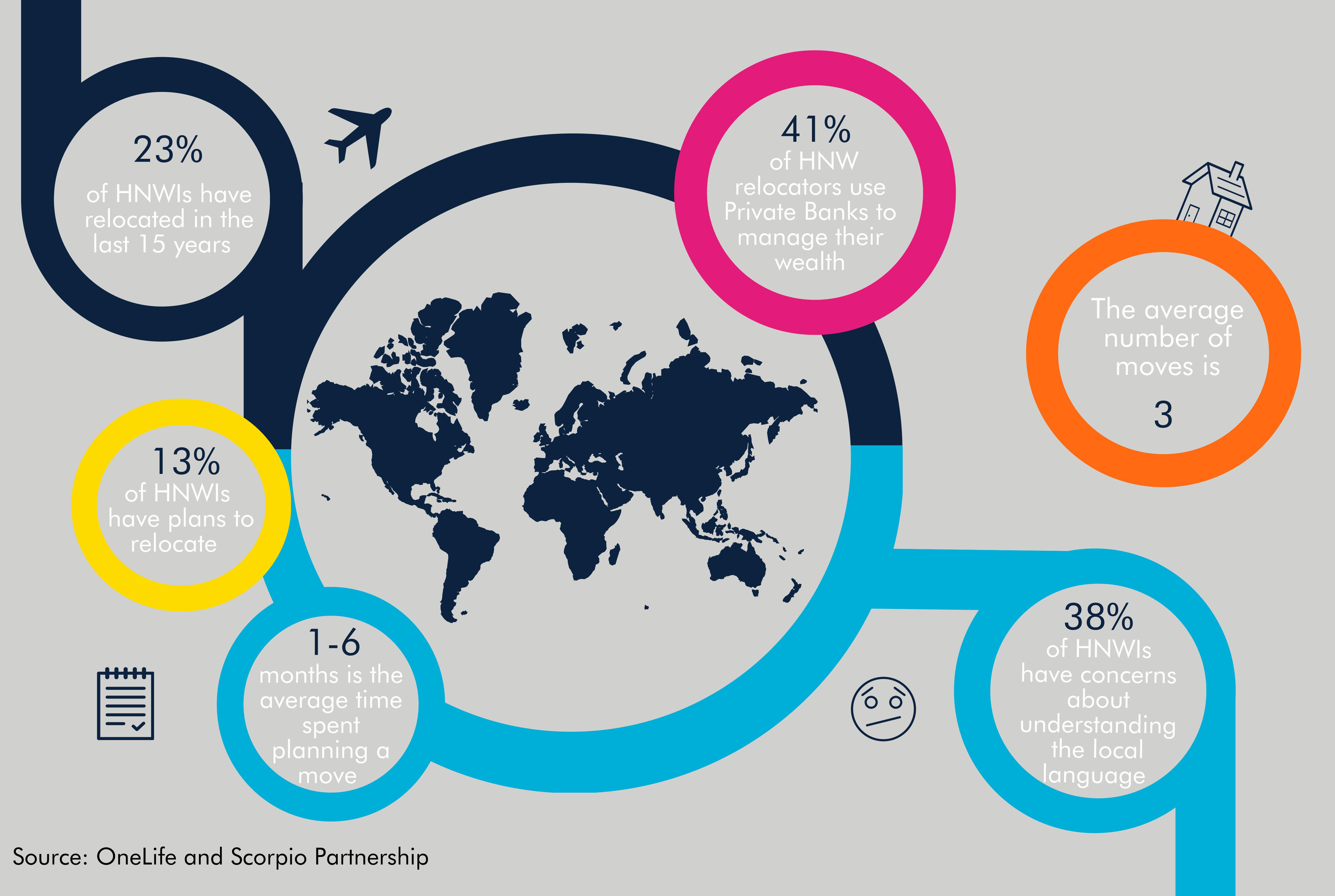Between 17 October and 10 November, France’s National Assembly, the lower house of parliament, has been examining the country’s finance bill for 2018. The bill introduces a new final flat tax (Prélèvement Forfaitaire Unique or PFU), applicable to all savings and investment accounts, including life assurance on a retroactive basis from 27 September, 2017.
While common in the UK or the US, the flat tax is an innovation in the French tax system, applying as it does a single tax rate to a broad range of different situations and sources of income.
The French tax system normally customises tax liability according to the personal situation of the taxpayer and the type of income. This therefore represents a significant change of approach to taxation that originates from the presidential programme of Emmanuel Macron.
The underlying idea is to simplify the taxation of capital held by French residents through the application of a flat tax to a broad range of savings and investment accounts and income:
- through application of a single tax rate to all financial income;
- to avoid the complexity of the application of France’s income tax for different categories of income, including interests, dividends and capital gains.
The 30% rate of the PFU consists of the following:
- 5% in income tax and 15.5% in social security contributions up to 31 December, 2017, and
- 8% in income tax and 17.2% in social contributions from 1 January, 2018

The PFU is applicable to all financial and investment accounts held by French residents from 1 January 2018, and for life assurance retroactively from 27 September 2017.
Certain types of investment or account are not liable to the PFU:
- Regulated savings accounts (livrets réglementés) such as the Livret A or Sustainable Development Account, or income tax-exempt savings products such as employee savings plans and pension schemes.
- Investments predominantly in shares such as Equity Savings Plans, reflecting the government’s policy to encourage investment in the real economy.
- Real estate income, which is, however, impacted by the conversion of France’s wealth tax into a tax in real estate assets.
Therefore, neither life insurance nor bank savings accounts such as home ownership savings plans are exempt from the PFU.

As a result of divisions within the government and poor wording of the draft legislation, taxpayers and life assurance policyholders feared they would face higher taxation on existing contracts than under existing rules. The 30% flat tax was supposed to apply to life assurance contracts with a value of more than €150,000 for an individual and €300,000 for a couple, regardless of the length of time the contract had been held.
However, the government has introduced two amendments to clarify the PFU regime.
All contracts subscribed before 27 September, 2017 will be taxed at current applicable rates, according to the length of time the contract has been held. Should the policyholder make top-ups on the contract, the PFU will apply, with the opportunity to apply the lower tax rate of 24.7% from 1 January, 2018 for the share of premiums paid below €150,000 for an individual and €300,000 for a couple. Contracts subscribed after 27 September, 2017 will be subject to the PFU whatever the length or value of the contract.
Up to now, the tax applicable to withdrawals from life assurance contracts has depended on the length of time the contract has been held and whether the policyholder opts for a one-off levy or income tax. The applicable rate of the levy decreases over time as follows:
- A 50.5% tax rate where the life insurance contract has been held for less than four years (35% in income tax and 15.5% in social security contributions).
- A 30.5% tax rate for life insurance contracts held for between four and eight years (15% income tax and 15.5% social security contributions).
- A 23% tax rate for life insurance contracts held for more than eight years (7.5% income tax and 15.5% social security contributions).
These rates are due to increase to 52.2%, 32.2% and 24.7% as of 1 January, 2018 due to an increase of the level of social security contributions.
It should be noted that the rate of the PFU is lower than that of the one-off levy for a withdrawal within less than eight years but potentially higher after the eight year threshold.
We recommend keeping existing contracts until the eight year threshold without making any top-ups after 27 September, 2017. New contracts should be subscribed for investments after 27 September to ensure the policyholder benefits from the lowest possible rates covering all the premiums they have invested in life contracts above €150,000 euros for an individual and €300,000 for a couple.
This is a unique opportunity to take advantage of the new legislation and benefit from the lower tax rates available to policyholders. OneLife would be happy to help you take advantage of the changes.

Replacement of the ISF by the IFI
Approved on first reading by the National Assembly, the finance bill will replace the wealth solidarity tax (ISF) by a real estate wealth tax (IFI). Here’s the basic outline.
The ISF taxes assets in excess of €1.3m on a progressive scale. The IFI will replace the ISF will the same thresholds and rates.
The taxable base (the assets that are subject to tax) will change considerably, however.
Financial assets (including life assurance policies) will henceforth be excluded, along with forestry assets, works of art, real estate assets related to professional activities and rented furnished accommodation (exclusively under the furnished accommodation rental business regime). By contrast, unfortunately, shares in SCPI real estate investment companies or OPCI real estate collective funds, even when held through a life assurance policy, and all other real estate assets fall within the scope of the new tax.
Fortunately, the allowance of 30% of the value of the taxpayer’s principal residence will be maintained. The other side of the coin is that usufructuaries and reversionary owners will now be liable for their respective fiscal share, and no longer the usufructuary alone.
The bill has now passed to the Senate, which may not necessarily agree with these changes, given a report of 9 November that denounced the changes as incoherent and damaging to the economy.
Nevertheless, the proposals represent appreciable tax savings for many wealthy French households, but at the expense of a sector that accounts for 18% of national wealth and 8% of total employment. More battles may lie ahead between a National Assembly firmly behind the president’s vision and a Senate that remains resolutely opposed to it.
All this underlines even further the advantages of Luxembourg life assurance policies for French residents, and OneLife will keep its partners up to date with further developments on this issue in order to help them guide their clients through the changes.
 Article by Jean-Nicolas Grandhaye
Article by Jean-Nicolas Grandhaye
